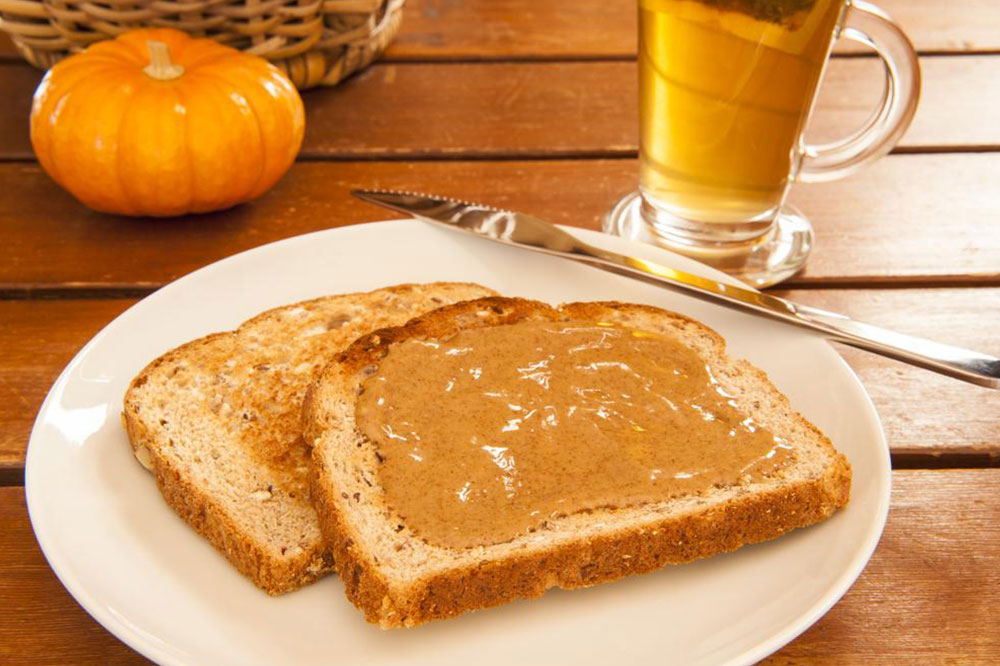Comprehensive Guide to Natural Remedies for Managing Arthritis Pain
This comprehensive guide explores natural supplements effective for arthritis relief, including ginger, turmeric, fish oil, chondroitin, and glucosamine. It highlights their benefits, proper dosages, safety considerations, and how they can complement traditional treatments. Ideal for those seeking safe, holistic approaches to manage joint pain and inflammation, this article emphasizes the importance of consulting healthcare providers before use. By combining natural remedies with lifestyle changes, individuals can better manage arthritis symptoms and improve joint health naturally.

Comprehensive Guide to Natural Remedies for Managing Arthritis Pain
Arthritis is a common condition that affects millions of people worldwide, characterized by inflammation of the joints, leading to pain, stiffness, swelling, and reduced mobility. It encompasses various forms, such as osteoarthritis, rheumatoid arthritis, and psoriatic arthritis, each with unique causes and symptoms. Factors contributing to arthritis include aging, genetic predisposition, joint injuries, infections, and other medical conditions. People with arthritis often seek effective and safe ways to alleviate their symptoms, and many turn to natural supplements as complementary therapies to traditional medicine.
Integrating natural remedies into your arthritis management plan requires careful consideration. While many dietary supplements are touted for their anti-inflammatory and cartilage-supporting properties, it is vital to understand their potential effects, interactions, and the importance of consulting healthcare providers before making significant changes. Proper research and professional guidance can help you choose appropriate options tailored to your specific needs, ensuring safety and effectiveness in symptom relief.
Among the numerous natural options available, certain supplements have gained popularity due to their proven anti-inflammatory effects and benefits for joint health. These include ginger, turmeric, fish oil, chondroitin sulfate, and glucosamine. Each of these offers unique mechanisms to reduce joint pain and improve mobility, making them valuable tools for anyone seeking non-pharmacological approaches to combat arthritis discomfort. While beneficial, these supplements should be integrated as part of a comprehensive management plan that includes lifestyle modifications, physical activity, and medical guidance.
Ginger: Nature’s Anti-Inflammatory
Ginger has been used for centuries in traditional medicine for its potent anti-inflammatory properties. Its active compounds, gingerols and shogaols, help diminish the production of inflammatory compounds within the body, potentially easing arthritis-related pain. Consuming fresh ginger, either grated into dishes or brewed as a tea, is a natural way to take advantage of its benefits. Additionally, ginger supplements, available in capsule or extract forms, are widely used for their ease and concentrated dose.
Typical ginger supplement doses range from 100 mg to 225 mg per day. Individuals taking blood-thinning medication should exercise caution, as ginger may enhance bleeding risk. It’s essential to consult your healthcare provider before adding ginger supplements, especially if you are on other medications or have underlying health conditions.
Turmeric: The Golden Spice with Powerful Anti-Inflammatory Effects
Turmeric, a bright yellow spice commonly used in curry powders, possesses remarkable anti-inflammatory properties primarily attributed to its active compound, curcumin. Scientific studies have demonstrated that curcumin can inhibit enzymes involved in inflammation and reduce joint swelling and pain associated with arthritis. Since turmeric naturally contains only about 3% curcumin, concentrated curcumin extracts and supplements are often recommended for therapeutic purposes. These supplements are available in capsules, powders, or liquid forms, providing higher doses for effective symptom management.
Effective doses of curcumin supplements typically range from 200 mg to 1,000 mg daily, depending on individual needs and severity of arthritis symptoms. Combining curcumin with piperine (black pepper extract) can enhance absorption and bioavailability. As with all supplements, it’s important to discuss with a healthcare professional before initiating curcumin therapy, especially if you are on anticoagulants or have gallbladder issues.
Fish Oil: Omega-3 Fatty Acids for Joint Health
Fatty fish such as salmon, mackerel, sardines, and herring are excellent natural sources of omega-3 fatty acids, which possess potent anti-inflammatory properties. Omega-3s help modulate the immune response and decrease the production of inflammatory cytokines, resulting in reduced joint inflammation and associated pain in arthritis patients. For those who dislike or do not consume enough fish, high-quality fish oil capsules serve as a convenient alternative to deliver these essential nutrients.
Most fish oil supplements provide EPA and DHA, two key omega-3 fatty acids linked to anti-inflammatory effects. Common dosages range from 1,000 mg to 3,000 mg daily. When choosing fish oil supplements, look for reputable brands that undergo purity testing to ensure they are free from contaminants like heavy metals. Consultation with a healthcare professional is recommended to determine the appropriate dosage and avoid potential interactions with anticoagulant medications.
Chondroitin Sulfate and Glucosamine: Supporting Cartilage Health
Chondroitin sulfate and glucosamine are naturally occurring compounds found in cartilage, the tissue that cushions joints. Supplementing with these compounds aims to support cartilage repair, prevent deterioration, and alleviate joint pain. Numerous studies suggest that these supplements may improve joint function and reduce symptoms in osteoarthritis, although results can vary between individuals.
Standard doses usually range from 1,200 mg of glucosamine to 1,600 mg of chondroitin per day. It may take several months to notice significant improvements, so patience and consistency are key. If no improvements are observed after six months, consulting a healthcare provider for alternative treatments or more aggressive therapies is advisable. It’s essential to combine supplementation with lifestyle modifications such as maintaining a healthy weight, engaging in low-impact exercise, stretching regularly, and following other medical advice.
Before starting chondroitin or glucosamine supplements, consult your healthcare professional to ensure safe use, especially if you are pregnant, nursing, or have allergies to shellfish, as some formulations are derived from shellfish sources.
Incorporating natural supplements into your arthritis management strategy can offer significant relief when used appropriately. Remember, while these supplements can support joint health and reduce symptoms, they should complement medical treatment and lifestyle adjustments. Always seek professional medical advice prior to starting any new supplement regimen to ensure safe and effective management of arthritis symptoms, enhance joint function, and improve overall quality of life.





